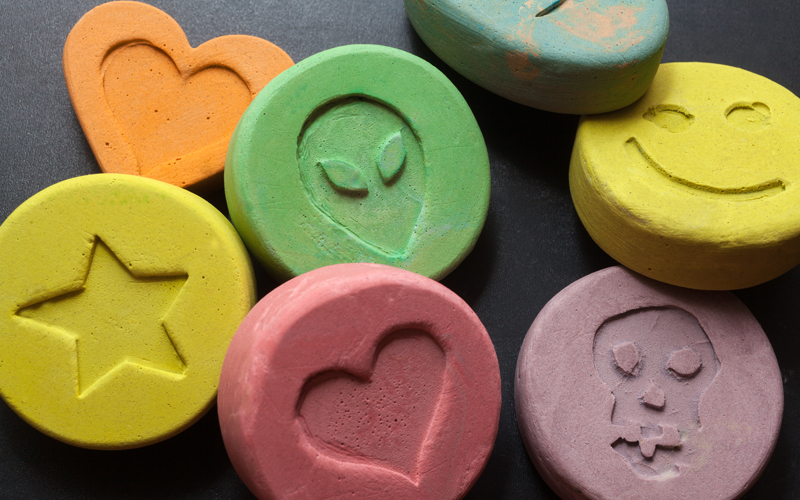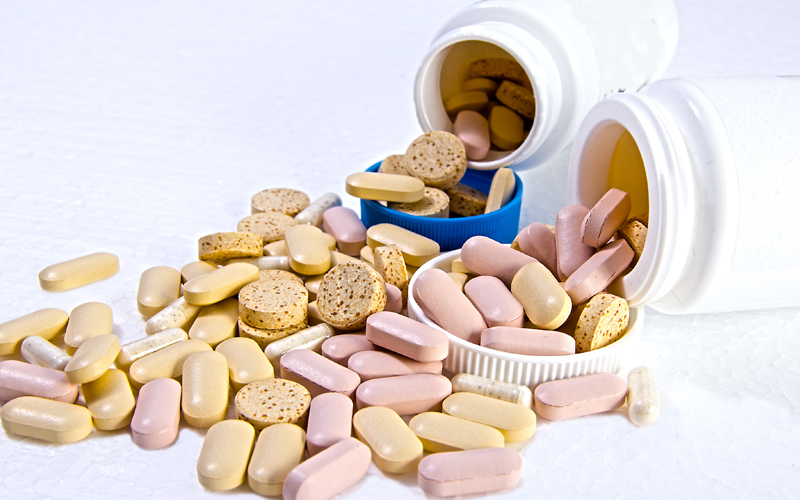Other Detox Services
As well as providing a highly effective and innovative approach to alcohol detoxification, NAD+ can also tackle dependence on a number of different categories drugs. Drugs are typically classified in terms of how they affect the brain and body of the user.
Stimulants

This category of drugs increases the levels of the neurotransmitter dopamine which controls how we feel pleasure and pain – common stimulants are caffeine cocaine, MDMA and amphetamines.
Temporary effects of stimulants it to increase alertness and elevate your mood, but long-term misuse of stimulants can cause a high degree of oxidative stress that damages the cognitive functions of the individual.
NAD+ restores balance to our neurotransmitter levels in the brain and is also a powerful antioxidant that helps to repair the damage caused by oxidative stress, inducing greater clarity and mental focus.
Depressants

Also known as ‘downers’, these drugs will initially relieve anxiety by slowing down the nervous system.
Alcohol acts as a depressant, but other examples are valium and cannabis. Unlike with stimulants, long-term use of depressants results in a physical and mental dependency on the drug and withdrawal symptoms can often derail effective rehabilitation. A detoxification process using NAD+ can greatly lessen the symptoms of the withdrawal as well as repair both the physical and mental damage caused by addiction.
Opiates

Opiate drugs are derived from opium and include heroin, morphine, methadone, pethidine and codeine.
They affect how our endorphins work in the brain, creating a false sense of euphoria. NAD+ binds to our endorphin receptors, lessening the often serious physical manifestation of withdrawal. At the same time, it also reduces the oxidative stress that has been caused by addiction.
